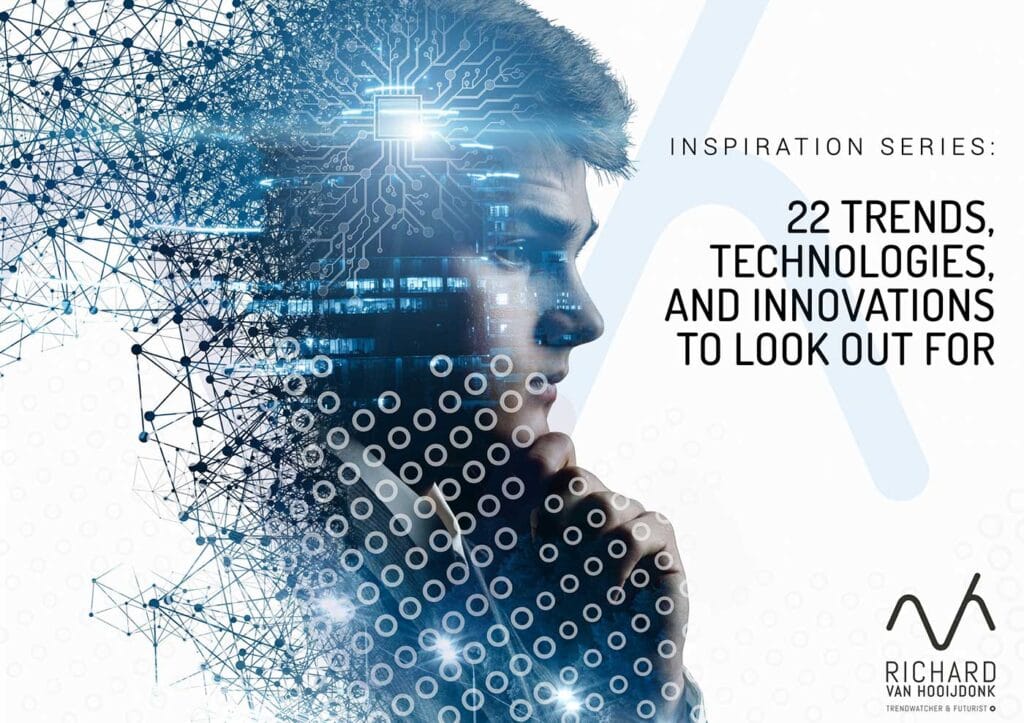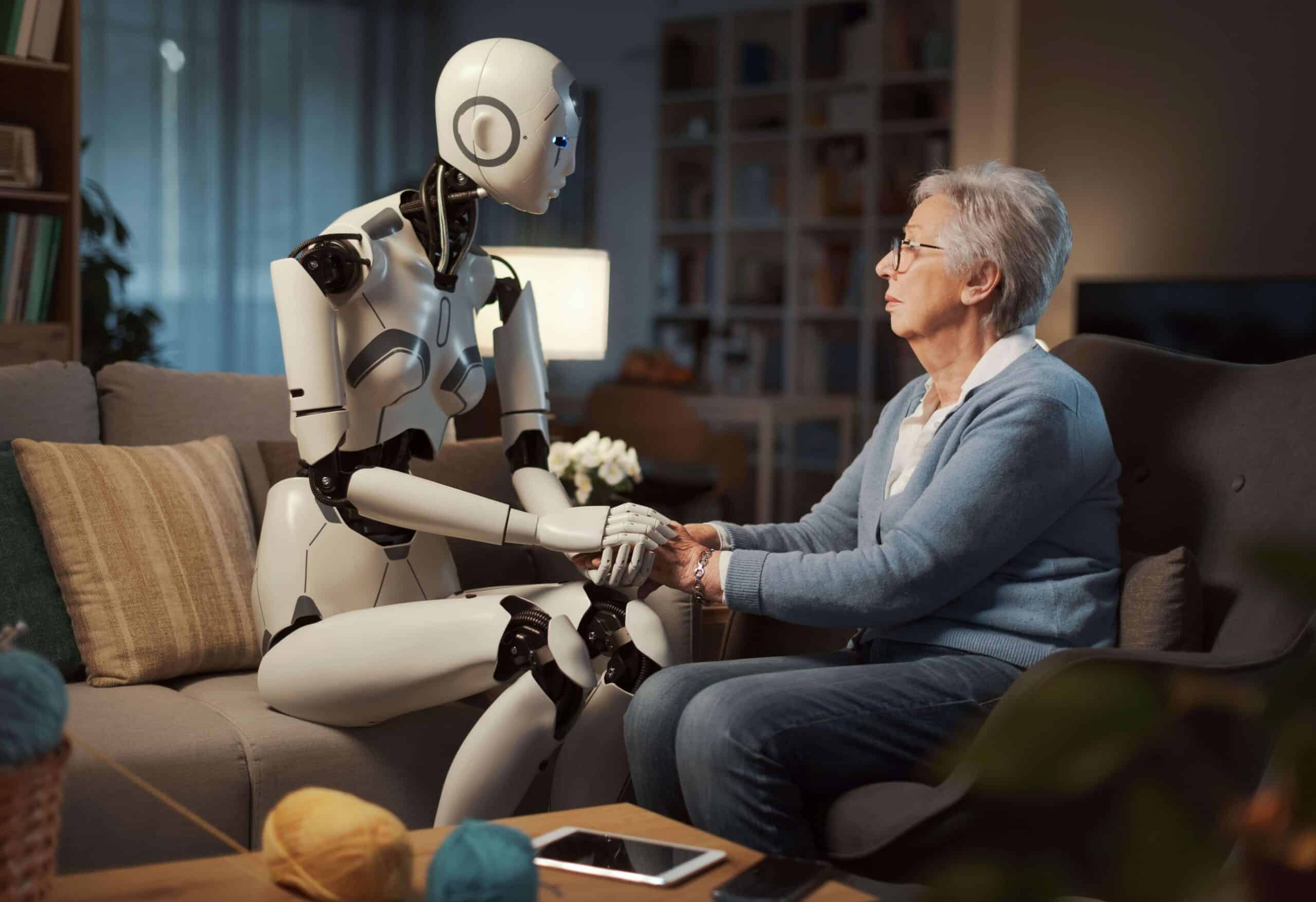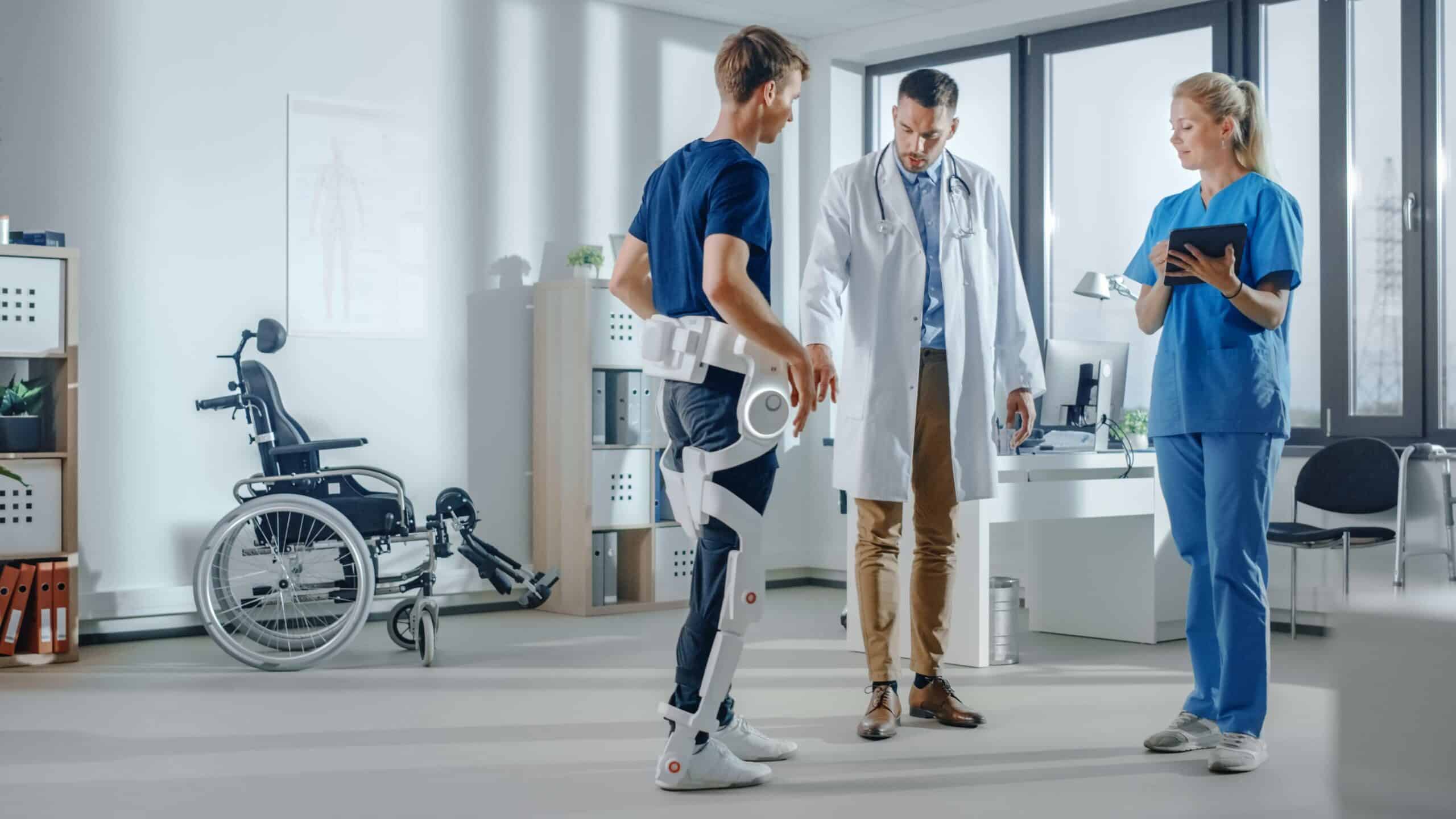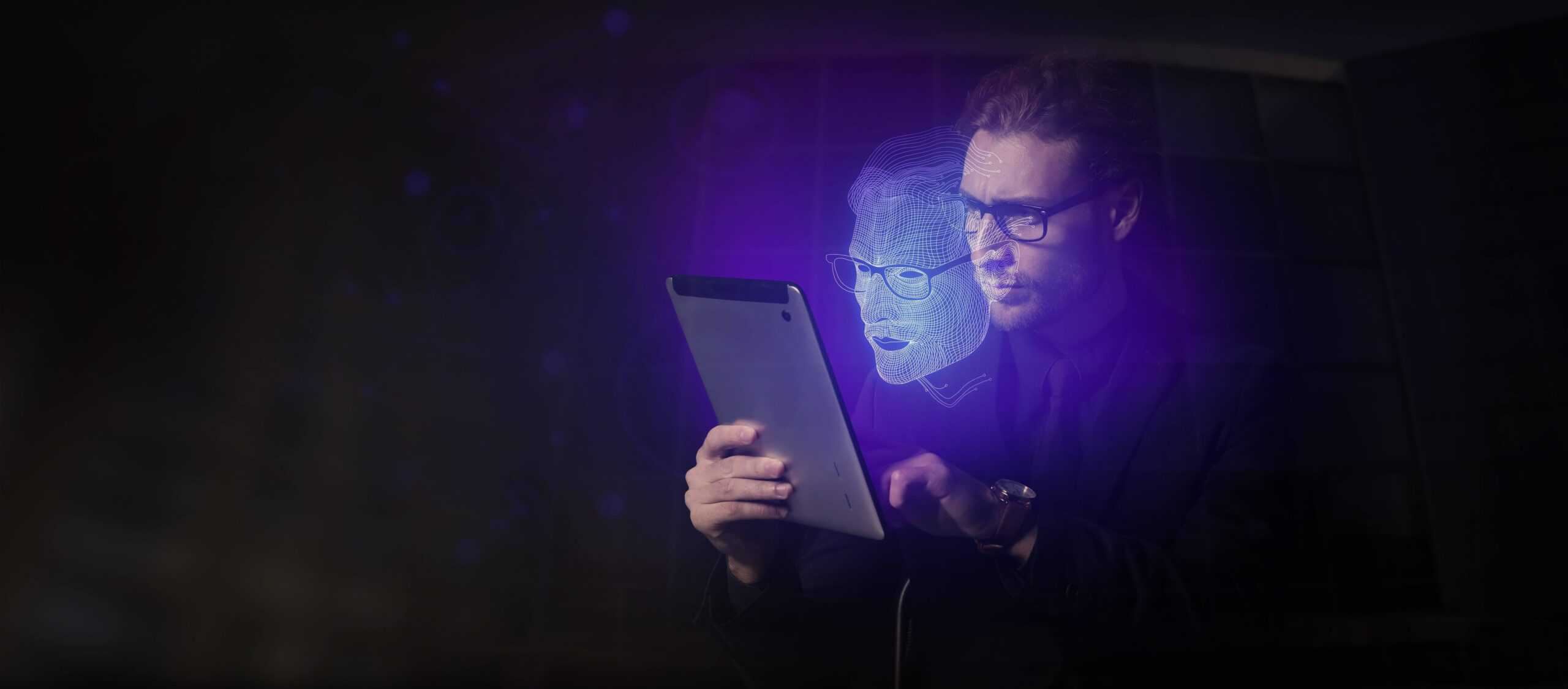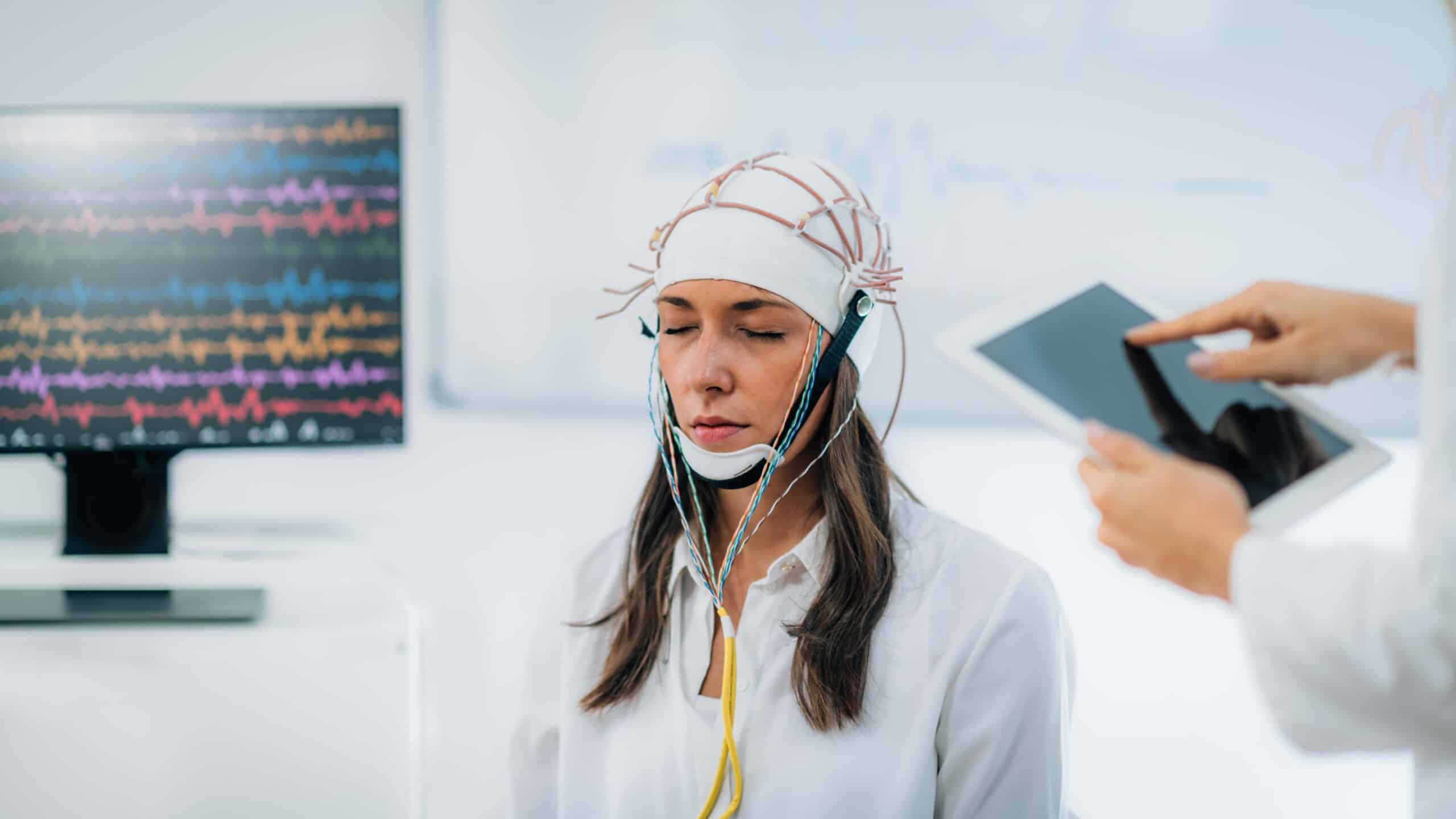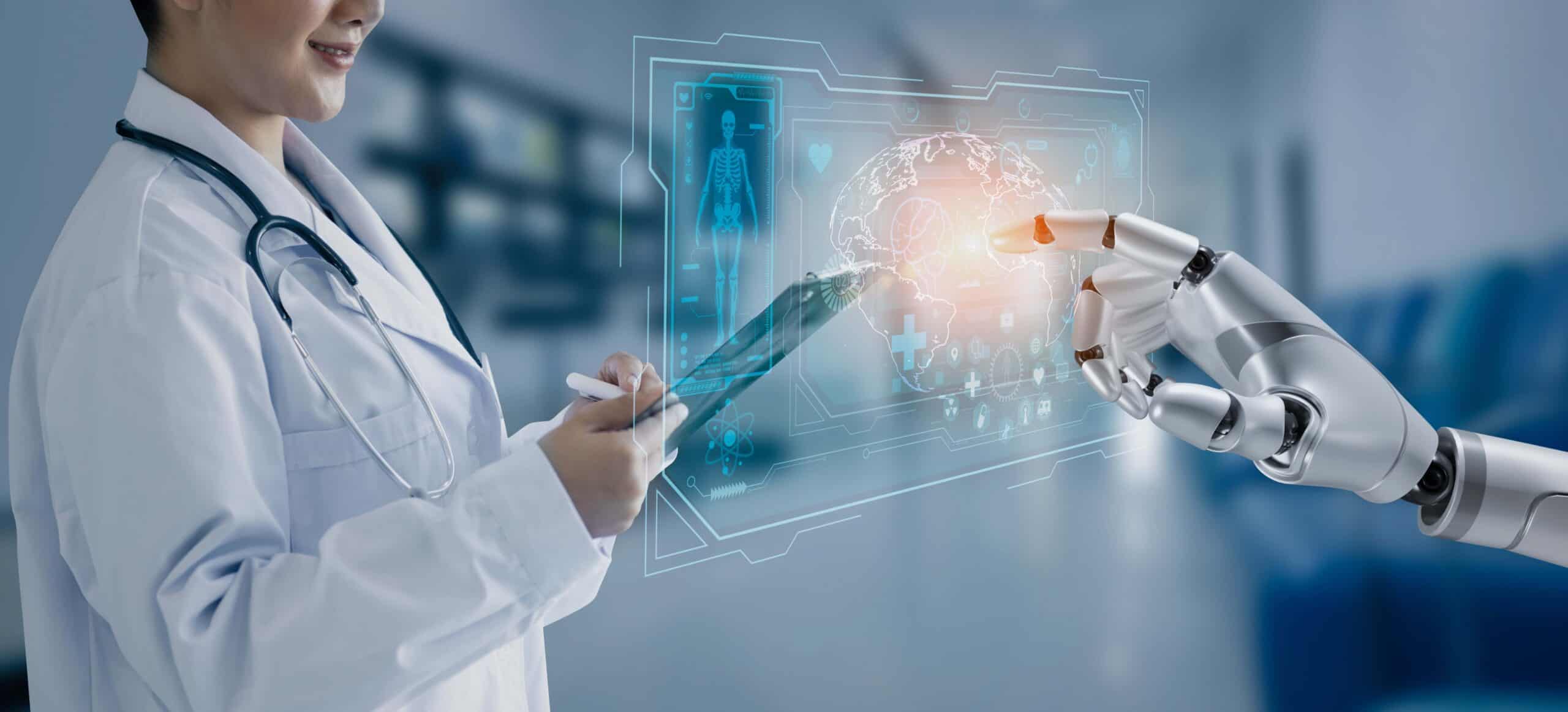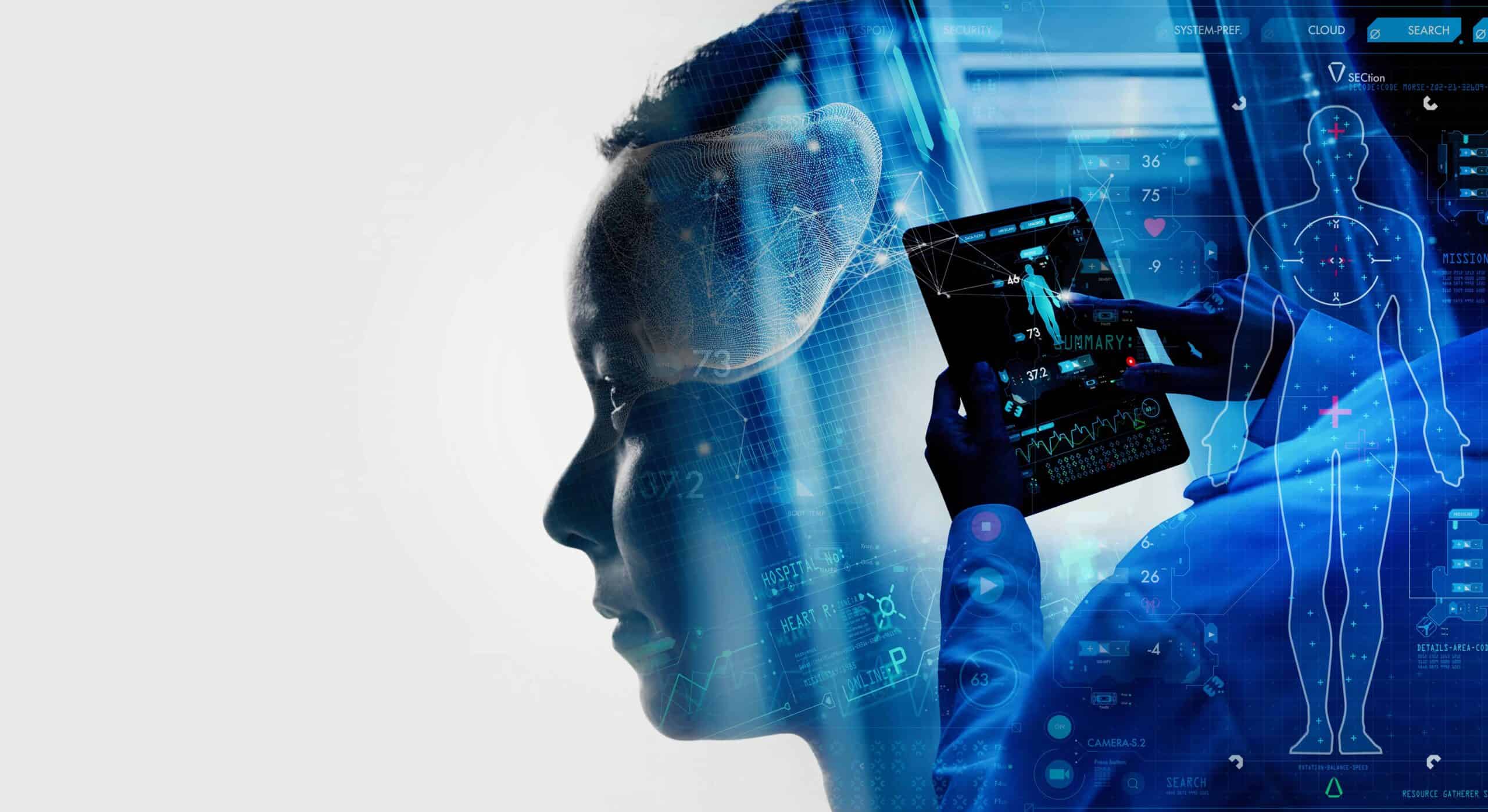Healthcare is a very broad sector. It is also the most profitable business worldwide as the entire world is a market for healthcare related services and products. Through the years, this industry has been greatly disrupted by game changing technology and the effect of modern smart technology on healthcare is unparalleled. I say this, because I am seeing a disruptive shift in the way people are taking care of themselves. I strongly feel that the concept of family doctors and health advisors will cease to exist in the future. Their knowledge, which makes us reliant and dependent on them, will soon be used by tools and software – enabling us to keep track of our own health. Very soon there will be sensors on and in our body which will record every bit of our macroscopic and microscopic activity and send us health information.
This is the part I like, where the power over one’s health shifts from the doctor to the patient and it’s a shift of epic proportions! The concept of the family physician as we know it will cease to exist as people will have instant access to health data. Moreover, using personal and customised information, these tools can also guide you towards the correct measures to prevent and eliminate any existing or potential health threats. How will smart technologies affect healthcare and medical procedures? How will the information flow, and who will have access to it? These questions need answering or at least speculating in order to determine the possibilities and benefits of modern disruptive healthcare methods.
Free trendservice
Know what your heart is up to and get pinged in case of trouble
What if you could get an ECG at the touch of a button rather than having to make an appointment, travel to the diagnostic lab and then wait for your turn? AliveCor has an app which makes manual pulse monitoring and paper logs redundant. And understanding, analysing and sharing vital information like ECGs, AF episodes and other heart related symptoms is easy to learn. It enables you to use email, PDFs and a proper provider dashboard to discuss this information with your doctor and make related appointments. Efficient, isn’t it? The AliveCor Mobile ECG is powered by the AliveECG app that runs on a compatible iPhone or android. You just have to rest it on your fingers or chest to record an ECG in just 30 seconds. In case of any abnormalities like atrial fibrillation or an impending heart attack, you will be immediately notified. You can also track symptoms like palpitations and shortness of breath, habits like the consumption of caffeine or alcohol and activities like exercise and sleep.
The app revolves around the core idea of modern disruptive healthcare that is giving more power and control to the patient. I find this tool particularly useful and for good reason. For instance, atrial fibrillation is a leading cause of heart disease and the most common heart rhythm disturbance. It affects more than 140 million people worldwide. Experts say that 2 out of 3 heart attacks can be prevented if detected early and treated immediately. Tools like AliveCor enable you to do just that.
The arrival of Scanadu: you don’t need a PhD to monitor your own health!
The human race has always been curious – our bodies have presented us with many mysteries, most of which we have solved and some of which we are in the process of solving. Up until now, in-depth knowledge of the human body was something for experts and professionals but thanks to this new healthcare company, you and I can now get access to detailed information about different aspects of our health. Scanadu aims at developing a range of consumer medical device products by using modern technology – giving individuals more power and control over their healthcare. Its products are based on the idea of wirelessly connecting your body to your smartphone in order to provide you with health analytics. The ultimate aim is to guide people towards living healthier and better.
https://www.youtube.com/watch?v=gSxNjTXfgBo
Video credits: Scanadu
One of Scanadu’s products, Scanadu Scout, can record your body temperature, blood pressure, heart rate, oximetry (for oxygen or haemoglobin monitoring), ECGs, HRVs, stress levels etc. Another one of their tools, Scanadu Urine, measures twelve different signals in your urine to create a solid and personalised health portfolio. You can share the information with health professionals via the cloud and immediately be alerted of any serious conditions or impending events. The above clearly demonstrates how modern healthcare is shifting the balance of power from the doctors (who were the previous owners of information) to the patient (who now has instant access to his own health intelligence).
Asthma monitoring by AirSonea: get alerts based on breathing sounds
Asthma is a serious respiratory condition which affects a lot of people all across the globe. A recent survey in Australia showed that two thirds of every 1000 Australians who suffer from asthma don’t monitor their condition regularly. This can be fatal as there are no clear patterns to indicate the severity of the condition until it’s too late. To create awareness and improve the lives of Australian asthma patients, medical technology company iSonea has launched their flagship product AirSonea, a handheld wheeze monitoring device for asthma patients which can convert the patient’s phone into a portable wheeze monitor. It needs to be held against the windpipe near the base of the throat in order for it to record breathing sounds. These sounds are then transmitted to a cloud based site where they undergo analysis based on detection algorithms. One of the advantages of this device, compared to traditional peak flow meters, is that the device doesn’t require forced breathing which can be seriously difficult for children and elderly patients! Therefore, I think the product has a lot of potential. In 2012 alone, more than 247 million people downloaded health apps. These numbers have increased substantially since and products like AirSonea might well pave the way to improved asthma monitoring, helping patients to prevent their condition from escalating.
Video credits: Michael Thomas
Luna monitors your health, even while you are asleep!
Sometimes, I stand in disbelief at the level of innovation the human mind can achieve. Since the introduction of Smartphones we’ve seen a rapid stream of new technologies such as smart wearables, smart TVs and fridges and a host of other smart products. And now, there’s the smart mattress! Affectionately called Luna, this mattress makes any bed smart! All you have to do is slip it onto your mattress and that’s it. It will manage the temperature, monitor your sleep and is completely compatible with other smart home devices in the vicinity. It has a lot of sensors embedded into it which help monitor important information such as your heart rate. It also has accelerometers which track sleep patterns and microphones which record your snoring and alert you in case you have sleep apnoea! Once you lie down, Luna adjusts the entire room’s settings such as temperature and lighting to create an environment that promotes optimal rest. What’s even better is that its dual zone technology allows you and your partner to select different temperatures for each side of the bed. Seeing the happy side of married life, yet?
See also: 7 Disruptive healthcare innovations that will bring the hospital to your bedroom
Sleep is one of the most important parts of recovery and regeneration; whether it’s recovery from illness or recovery from a stressful day. With new technologies like Luna, we finally have a real chance at monitoring our sleep cycles, breathing rates and more! Luna also compares data gathered during the night with your activities during the day and also charts a guide personalised for you to sleep and rest better. Imagine a day when your alarm doesn’t wake you at a fixed time but at a point when your sleep has had the maximum positive effect! It would be great for me. What about you?
Beauty is only skin-deep but this smart mirror sees what’s inside!
Do you remember the evil queen from Sleeping Beauty? “Mirror, mirror on the wall, who is the prettiest of them all?” Well, “prettiest” might be replaced with “healthiest” before you know it! A consortium of researchers is currently working fiercely on a new Smart Mirror project called The Wize Mirror. Once operational, it will provide health assessments based on your facial features. This latest innovation in disruptive healthcare could lead to prevention of chronic illness such as, for instance, heart disease. The research is based on the premise that the best remedy for chronic illness is to predict them at the earliest signs and stop them in their tracks before the first serious symptoms present themselves. The idea is still in its concept phase but there are talks about a prototype.
The basic principle revolves around cameras which will record the day-to-day changes in facial features in order to identify markers such as of stress and anxiety. The images recorded can also be used to analyse someone’s blood oxygen and heart rate. It will also have a full 3D scanner which will inform you about weight loss or gain. But it doesn’t end here! Gas sensors will chemically analyse the components of your breath and tell you whether you should go easy on the nicotine or alcohol! The main aim of researchers is to create a daily use device that motivates people to take charge of their own health. The mirror will also encourage healthy habits through its touch screen which displays scores and possible courses of action for healthier living. For instance, it will show you how you will probably look after following a certain diet regime for six months. Imagine that!
Newborn babies need quality sleep – but so do new parents!
One major concern for new parents across the world is the fact that they do not get enough REM sleep. The reason is simple: baby care cannot be compromised: parents have the responsibility to monitor their child’s health and sleep patterns. Imagine if someone or something could share that responsibility with you. I know there are baby monitors on the market which enable you to monitor your child but that is while you’re awake. What if there were something that could take care of everything while you catch up on some sleep? A startup based in Boston is using wearable technology to help exhausted parents get a good night’s sleep.
Video credits: Dragon Innovation
Rest Devices, started in 2011, has created Onesie Baby Mimo. This device monitors breathing, body movements, sleep patterns and other vital information and relays this data to a Smartphone app. With a price tag of $199, these onesies have sensors embedded into the fabric, covered with a hard plastic shell which holds the Bluetooth device for data transmission. Parents can customise the device based on factors like the baby’s age and sleeping patterns. You can set alerts to wake you up in case the baby needs you. I believe this kind of product can become very popular among millennial parents who are inclined towards data-driven planning. Getting detailed insights into your baby’s sleeping patterns can definitely help you take better care of your little one, don’t you think?
Thanks to the IoT, your hospital will come to you!
Did you know that an IBM supercomputer named Watson is a key player in the healthcare and diagnostics industry and has had a personal hand in managing obesity, diabetes and hypertension across numerous facilities? The Internet of Things has allowed supercomputers like Watson to take health data from a multitude of patients, run them through complex algorithms and return precise, individualistic solutions to general and chronic ailments. We have already seen how connected devices use data transmission to refine healthcare right at the user’s fingertips. With the rate at which people are accepting personalised, cloud-oriented healthcare, we could be looking at a future where you don’t need to go to the hospital anymore, because the hospital will come to you! We already saw how smart mirrors will give us intricate details about our oximetry levels and heart health. We saw products like Scanadu that will alert our doctors at the slightest hint of a medical problem. Smart watches and fitness bands like Fitbit are already becoming part of our daily lives.
See also: The healthcare industry – 6 techniques that will disrupt it
Your health can be monitored – anywhere and at any time: complete healthcare independence
Remember the smart mattress Luna and the Baby Mimo device we saw in the previous post? Your health can now be monitored even while you are asleep. Pretty soon, your vitamin pill box will alert you to take the vitamins at whatever time you need to take them! Health and related data will not only be monitored but also used to analyse your health and related matters such as insurance. In fact, in the future we might have sensors injected into the body right at birth for complete tracking of health and its maintenance. You won’t even feel or know that your health is being monitored. It may sound scary but it only becomes a problem if the information is used for unscrupulous purposes.
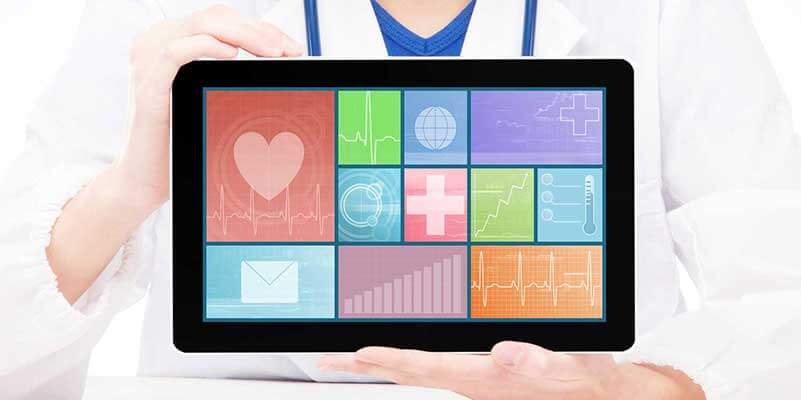
Generally, the IoT, along with cloud computing, will enable everyone with access a real chance at good health. On the down side though, you might have to watch your drinking and smoking habits as the insurance providers will consistently be monitoring such activities. The motivation behind it may seem ‘caring’ but there may very well be a financial agenda as well. Therefore, while there are substantial benefits, one must use the devices with proper knowledge about where our information goes and how it is used. Authorities must make sure that the firms which hold proprietary rights over these products maintain strict privacy policies.
Personalised health advice: a baby step in Artificial Intelligence
Many talking medical devices have been launched recently. The iWatch from Apple is one such example. It gathers and sends health-related information from and to the user and also gives advice on the best course of action. Devices which remind you to take your medication, check your blood pressure or go to the gym are being introduced by many tech firms. These devices do not only guide you but can also train you about certain procedures like workout regimes, insulin injections etc. There are talking thermometers which tell you the temperature with the touch of a button, Band-Aids which signal whether the wound underneath is healed and even devices which give you alerts about prescription refills. The aim is to make healthcare more personal and interactive in the future. Imagine a virtual psychologist algorithm that you can talk to whenever you are feeling low. The flexibility these technologies bring provides enhanced efficiency across the entire healthcare sector, don’t you think?
Conclusion
Do you still think that your family doctor will be around five years from now? You might already be imagining a future where you wake up in the morning and Luna tells you how effectively you slept last night. Then as you get ready to freshen up and brush your teeth, the Wize Mirror will let you know whether you over-indulged at the party the previous night! Can you picture it? The future of modern healthcare, where all the vital health information comes from you and not your doctor, is just around the corner. It is easy to see that advancements in modern healthcare are focused around better management, more power to the patient and an increased dependency on data.
But while the benefits that technologies like Luna and Baby Mimo provide are clearly visible, one must not forget the dark side of the cloud. How can we guarantee the proper use of data by these firms and organisations? I believe this involves two steps. Firstly, the rules and regulations laid down by the authorities must be robust when it comes to information privacy. Secondly, we as users must be aware of which information we generate and share. We should use only those tools where the privacy policy suits us and only allow information sharing after proper permissions.

